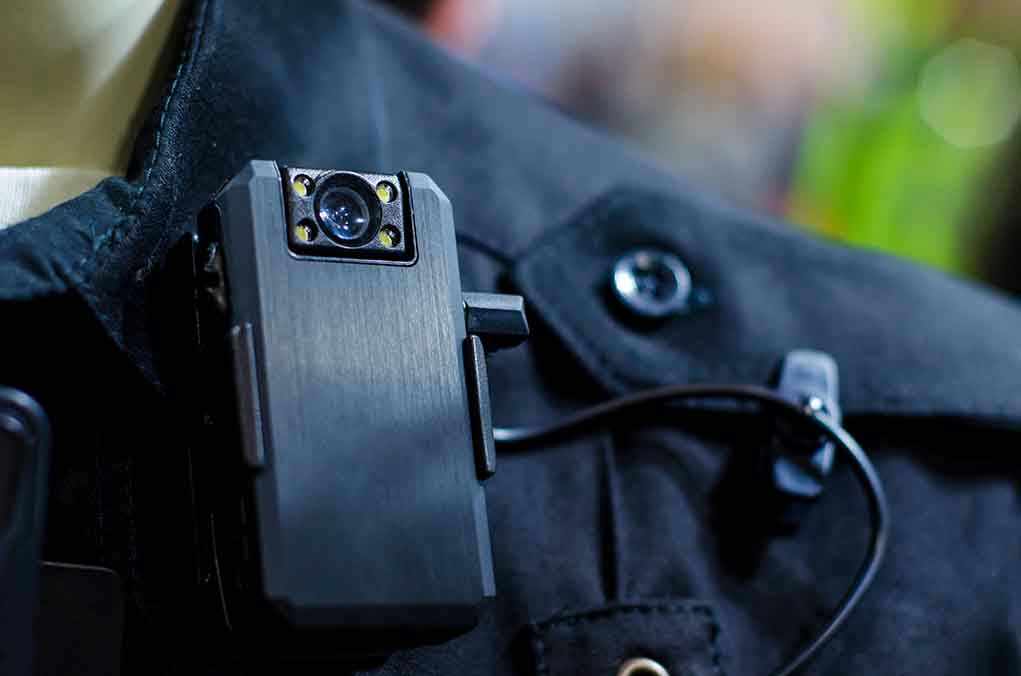
A routine gas station visit turns into a dramatic standoff as a Florida officer mistakes a fuel nozzle for a firearm, sparking national debate.
Story Snapshot
- An officer in Tallahassee, Florida, mistook a gas nozzle for a gun, drawing his weapon on a civilian.
- The incident, captured on body camera, went viral and ignited public criticism and debate over police practices.
- The Leon County Sheriff’s Office is under scrutiny for the lack of an apology and potential profiling.
- Calls for improved police training and accountability are intensifying across the nation.
Officer’s Mistake at the Pump
A seemingly ordinary day at a Circle K gas station in Tallahassee, Florida, turned extraordinary when a Leon County sheriff’s deputy made a grave error. Mistaking a gas pump nozzle for a firearm, the officer drew his gun on a man filling a gas can. Captured on police body camera footage, the incident quickly spread across social media platforms, raising questions about the officer’s judgment and the broader implications for policing practices.
The man, who was merely gesturing to a store clerk to turn on the pump, found himself at the wrong end of a drawn weapon, complying with the officer’s orders as the situation unfolded. The incident, although leaving no physical injuries, has left a mark on public perception, fueling debates about profiling and the critical need for precise threat assessment by law enforcement.
Public Outcry and Media Scrutiny
Following the release of the body camera footage, the public and media response was swift and intense. Accusations of profiling and poor judgment by the officer dominated the conversation, with many questioning the training and protocols that could lead to such an error. The Leon County Sheriff’s Office (LCSO) issued statements acknowledging the incident and promising a review, yet the absence of an apology from the officer further inflamed public sentiment.
Critics argue that the officer’s actions reflect a broader issue within law enforcement, where split-second decisions are clouded by implicit biases and inadequate training. The debate over these systemic issues has only intensified, with the incident serving as a catalyst for renewed calls for reform in police training and accountability measures.
Historical Context and Current Developments
The misidentification of innocuous objects as weapons by police officers is not a new phenomenon in the United States. Historical precedents show that such errors have often led to tragic outcomes, particularly affecting minority communities. This incident at the gas station, while unique in its specifics, fits into a larger pattern of law enforcement challenges that have been under scrutiny for years.
As the LCSO continues its internal review, the incident remains a focal point in discussions about law enforcement reform. Public and media scrutiny is unlikely to wane, with the possibility of legal action by the civilian involved looming on the horizon. The broader implications for police departments across the nation are significant, as they grapple with maintaining public trust while ensuring effective policing.
Impact and Expert Opinions
The immediate impact of the incident is a further erosion of public trust in law enforcement, particularly in communities already wary of policing practices. The long-term implications could include policy changes aimed at improving officer training, especially concerning threat assessment and implicit bias. Legal repercussions for the LCSO and the officer involved remain a possibility, as calls for accountability persist.
Experts in policing and public safety have weighed in, emphasizing the need for comprehensive training programs that address both the psychological and practical aspects of law enforcement. The incident has prompted discussions among academics and professionals about the cultural and procedural shifts necessary to prevent similar occurrences in the future. As the debate continues, the need for transparency and accountability in policing remains at the forefront of public discourse.

